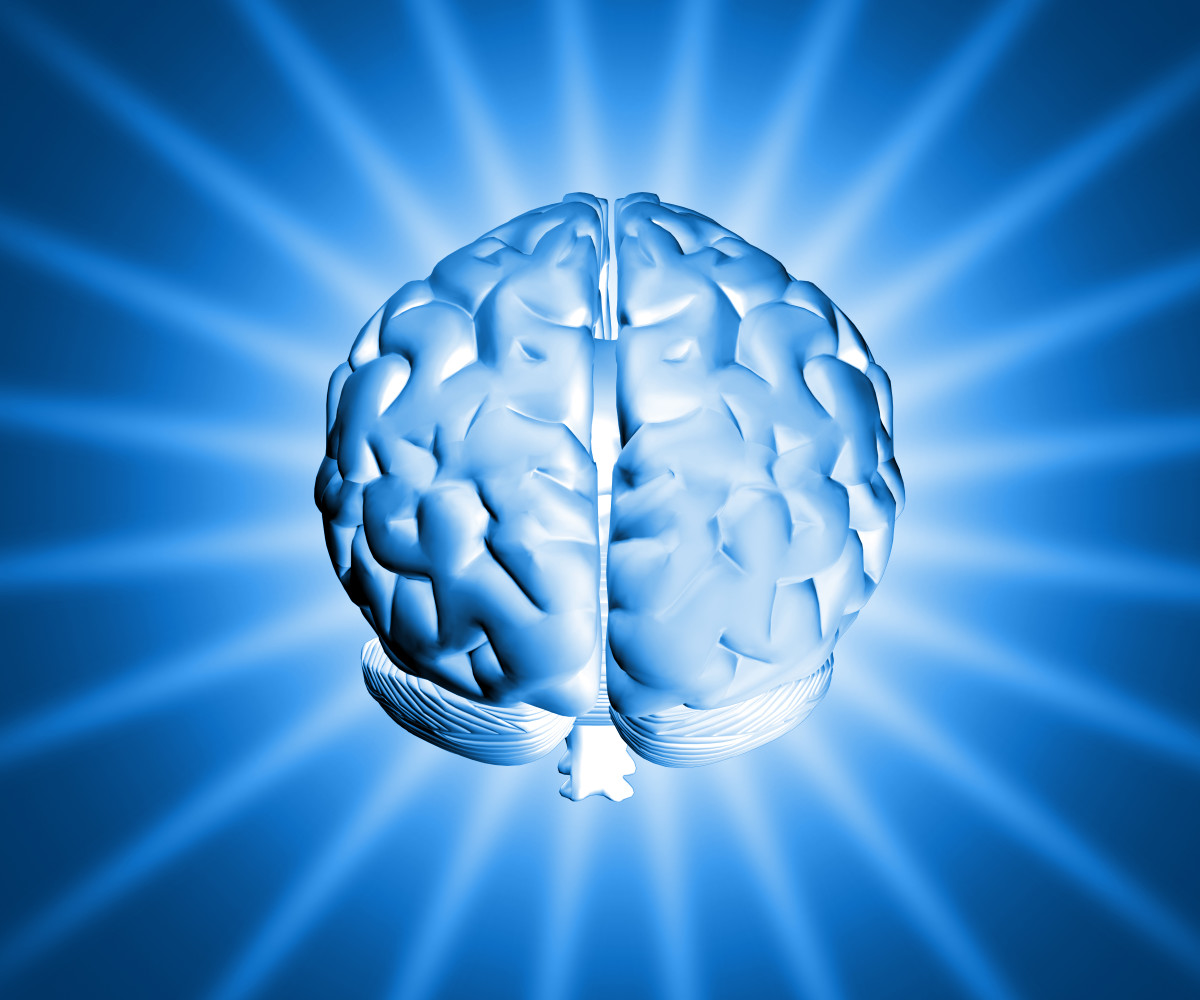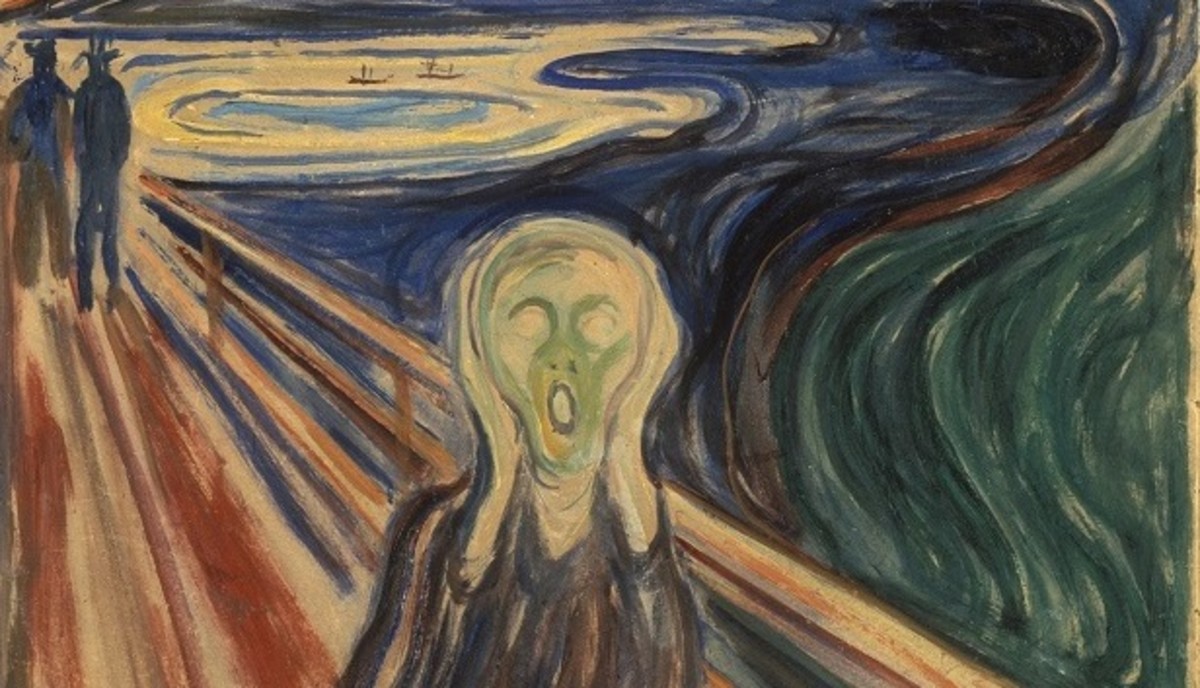Conscientiousness/ What is Procrastination and How is it Related to Personality
Procrastination is “to put off doing something especially out of habitual carelessness or laziness, “ or “to postpone or delay needlessly” (www.thefreedictionary.com). In the above examples, procrastination isn’t appropriately defined. To define procrastination as habitual laziness is like defining a mentally ill individual crazy. Don’t get me wrong, some procrastinators are lazy, but it’s not a defining factor in procrastination. Defining procrastination as laziness or carelessness is close minded, but it’s the first definition provided on The Free Dictionary website. To postpone or delay needlessly is a better definition, but not the most informative one. Procrastinating motivates peoples’ behaviors for different reasons. This is a better definition, “the act of replacing high-priority actions with tasks of low priority, thus putting off important tasks to a later time” (http://en.wikipedia.org/wiki/Procrastination). So lets explore the question What is Procrastination?
We all procrastinate, but does that make us all “procrastinators”? Technically, only 20% of people are procrastinators, procrastinating so much that it affects their lives negatively. So, we are all procrastinators to some extent, but when I say procrastinator, I am referring to someone who procrastinates to the point that it affects their daily living. What is procrastination, and why do people procrastinate?
The Big Five Personality Factors and Procrastination
Openness: A person has curiosity in the intellectual aspects of life, an imagination, appreciates art, strong vocabulary, has unusual ideas, etc.
Conscientiousness: A person is disciplined, organized, pays attention to detail, follows a schedule, exhibits behaviors that are planned out rather than spontaneous, etc.
Neuroticism: Refers to the degree of an individual’s emotional stability. A person becomes angry easily, has anxiety, is prone to depression, feels down a lot of the time, etc.
Extraversion: Refers to someone who is social, talkative, feels comfortable around people, is the life of the party, etc.
Agreeableness: A person is helpful, is sympathetic towards others’ feelings, they have the ability to put themselves in another person’s shoes, etc.
I can see the connection between neuroticism and conscientiousness to procrastination. First, procrastination often occurs when someone is afraid of the outcome of their completed tasks and what others will think of their decision. I can see a strong connection between these behaviors and neuroticism. If a person is somewhat neurotic and has anxiety to begin with, completing some tasks adds to the anxiety already present. As noted above, neuroticism is correlated with an increased likelihood of depression. When depressed, there’s a lack of energy and motivation to complete tasks. An obvious connection is present with conscientiousness and procrastination. Discipline is a quality of conscientiousness, and the opposite of discipline is non-discipline, or lacking self-control. A lack of self-control means an increased tendency to engage in favorable tasks rather than the task that needs completed. I don’t see much of a connection between procrastination and the other factors of personality. However, research shows that every one of these traits, except agreeableness, is found in procrastination. I guess being nice has nothing to do with procrastination. Conscientiousness is correlated most with procrastination.
Some say chronic procrastination is an addiction similar to alcoholism, smoking, heroin, cocaine, etc. When a person has an addictive personality, they try to avoid their real “self” in any way they can. Some people choose procrastination. Other research says that people who procrastinate have difficulty with self-control. They give in to other tasks to avoid facing the reality of the assigned tasks. This supports the opinion that procrastination is an addiction, but I would have to do more research about it to give my own opinion about it. The theory does make sense, because people use drugs in order to escape themselves or their situations. Some people procrastinate in order to escape the feelings or consequences associated with a particular task.
We all procrastinate at times, but procrastination is a real problem for some people. It can ruin their relationships, jobs, and self-image. There is no magic formula that solves procrastination. I can’t stand when I see things like “Learn how to Stop Procrastination Now”. It’s not a simple thing, especially for those who suffer from extreme procrastination. There are things, however, that can help make it easier. Here are a few tips that can help.
Involve a Friend
When someone expects you to be somewhere or to do something you are more likely to carry out the task. For example, if you are procrastinating exercising at the YMCA it’s easy to skip it when you are going alone. However, if a friend is expecting you to be there at a certain time to exercise, you are more likely to carry out the task. It’s not always possible to use this, as some things have to be done alone. But when it’s possible, use it to your advantage!
Make a To Do List
Tasks aren’t as overwhelming when they are broken down. A puzzle looks impossible when taken out of the box, but when you sort through the pieces, separating the outside edge pieces from the middle pieces (by color, etc.), it’s manageable. It’s not easy to tackle any one talk when five hundred million are running through your head. A to do list breaks the daunting tasks up, allowing you to cross off one thing at a time.
Make it a Competition
Find someone you can share your list with and make it competitive. Write down everything that needs done and give it to a friend or family member. Have them do the same thing, giving their list to you. As you complete something text it to that person. They can scratch it off. The person who gets their stuff done first wins! That could be enough, or you could throw in a little wager. They can buy you lunch or a drink the next time you are out on the town!
Designate an Area
If it’s something that can be done in one area, like writing research papers, it’s helpful to find a place you can use for just that. Distractions shouldn’t be readily available. For example, I cannot sit down to write any type of research when I am in front of a computer. I find myself looking at my facebook, looking for Victorian style lockets, anything but what I’m supposed to be doing. A kitchen table is always a good area. There isn’t anything around to distract you, and boredom will set in quickly if you aren’t doing what you’ve set out to do.
Make a Schedule
Having a designated time to do things is helpful. Children love routine, in fact, they thrive on it. A warm bath, a good story, and then off to bed. Let’s say you have taken some classes and you put off studying and writing. Think about the time of day when you usually feel your best. Do most of your assignments during this time if possible. Or if you don’t like to run errands, set that up for this time as well. You will be at your peak performance at this time. It’s also important to break things up if you need to. This is especially helpful when you aren’t interested in what you are doing. Do a few hours then take a long break before doing any more.
Apply a Reason
If you think about the reason behind why you are doing something it may help. For example, if you absolutely despise laundry, think about why you have to do it. This works especially well when you have children. You can think about how you wash clothes for your family and how it isn’t a chore at all. Providing clean clothes for your family and for yourself is a way of showing you care. It’s a part of loving and taking care of them.
Stay Healthy
Exercising and taking care of yourself makes it easier to deal with the tasks at hand. When you get enough sleep you have the energy to do the tasks. If you are only sleeping 3 hours a night, it’s more difficult to get things accomplished due to lack of energy. Eating right is important as well. To perform at your best you have to take care of your body.
Reward Yourself
Sometimes procrastination occurs when you aren’t interested in what needs to be done. In this case, I think it’s perfectly fine to give yourself a reward. You have a dreadful research paper due in a subject you are not particularly fond of, think of something you really love. Take that thing and use it as a positive reinforcement for your completed actions. Suppose you love The Olive Garden, then by all means treat yourself to a tasty meal after you complete your assignment. There are people who don’t agree with doing this, but to me, it’s incentive for a job well done.
Avoid Negative Self-Talk
It’s more difficult to do something when you are constantly telling yourself that you can’t. It’s important to have faith in yourself and use positive cognitive behavioral self-talk. You are your primary cheerleading team. If you are telling yourself you can’t do something, no one else is going to convince you otherwise. “I can do anything I want to do”, should be your mantra.
Get to the Root of the Problem
A lot of times there are underlying psychological and emotional issues behind procrastination. Figure out what you are procrastinating, when, why, and what you are replacing it with. Figuring out why you do something is the first step to stopping it. Make a table that includes the tasks you procrastinate, beside that put what you are replacing it with. Next to the replacement activity put why you think you are doing it. If the problems are too deep rooted, this table may not be a helpful tool. A therapist may be the best option for you.
Quick Note
I have pictures to go with this, but my new card will not fit in my computer and I can't seem to find my camera cable. I'll update it with pictures when possible. I know it makes for a somewhat boring hub with no pictures!








